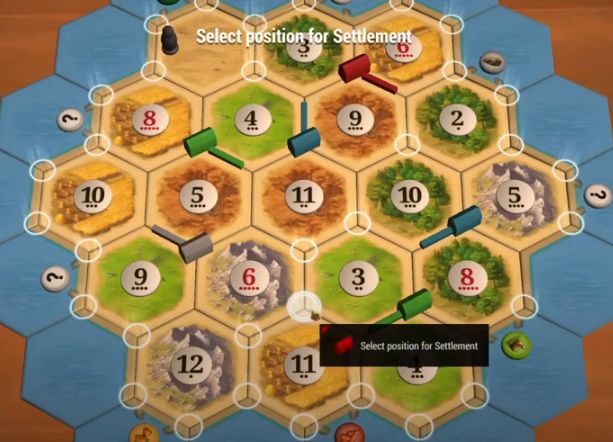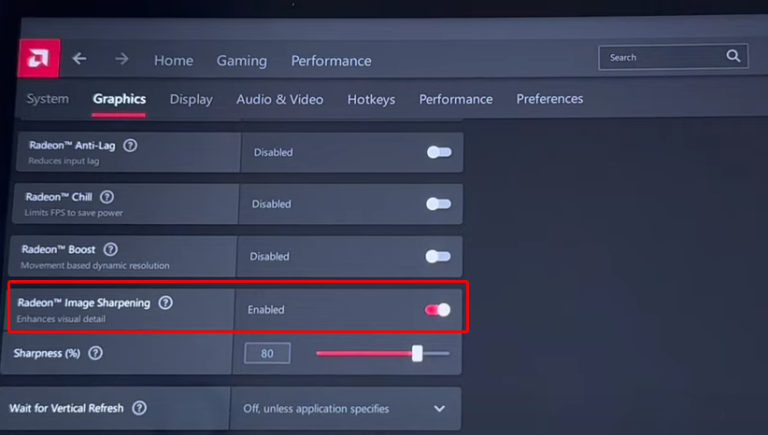What Is RNG in Video Games?
Have you ever played a video game and felt like things were just going your way? Maybe you got a streak of good luck with the items you picked up, or the enemies you fought. This is thanks to something called RNG, or Random Number Generator. In this article, we’re going to explain what RNG is, how it works, and some of the controversies that come with it.
Table of Contents
What is RNG?

RNG, or Random Number Generation, is a concept that is often used in gaming. RNG refers to the randomness of certain elements in a game, such as items, enemies, or even dialogue choices. Some gamers argue that RNG is unfair, as it can often lead to players getting lucky or unlucky breaks that can affect the outcome of the game.
Even though they’re often invisible, random number generators (RNG) are a defining factor in many modern games. They determine everything from the Pokemon you encounter to the items you find in Final Fantasy after defeating a monster – and even whether or not you find legendary treasure in Borderlands. In procedurally-generated games like a roguelike, RNG is essential for generating different content each time you play.
While many video games make use of RNG, there are some that don’t. Games like chess or poker rely purely on the player’s skill, with no element of chance involved. This can make these games more challenging, as players have to rely on their own abilities rather than luck.
How Does RNG Work?
Most video games use what’s called a Pseudo-Random Number Generator (PRNG) to generate random numbers. This is a mathematical function that uses an algorithm to generate a series of numbers that appear random but is actually based on a specific seed number.
For example, let’s say you’re playing a game where you need to roll a dice to determine your next move. The PRNG will use a formula to generate a random number between 1 and 6, which will then be used as the result of the dice roll.
One issue with PRNGs is that they can be predictable if someone knows the seed number that was used to generate the series of numbers. This means that, in theory, someone could hack a game to always get the best results.
To overcome this, some games use what’s called a Hardware Random Number Generator (HRNG). This is a physical device that generates random numbers, which are then used in the game. Because the numbers are truly random, it’s much harder to hack HRNG-based games.
Is RNG Good or Bad for Video Games?
RNG can be used for good or bad in video games. Some gamers argue that too much RNG can make a game feel unfair, as luck can play too big of a role in the outcome. On the other hand, RNG can also add an element of excitement and surprise that keeps players coming back for more.
Some see RNG as an essential part of gaming, as it adds an element of chance and unpredictability that can make the experience more exciting. Some people criticize the use of RNG in video games, claiming that it creates an unfair and random playing field. They argue that skilled gamers can be screwed over by bad luck and that RNG can be used to manipulate results. Others defend the use of RNG, claiming that it adds excitement and unpredictability to the gaming experience.
Ultimately, whether or not RNG is “good” or “bad” is up to the individual player. Some gamers enjoy the challenge of trying to overcome difficult odds, while others prefer a more predictable gaming experience. What matters most is that gamers have fun playing the games they love.


